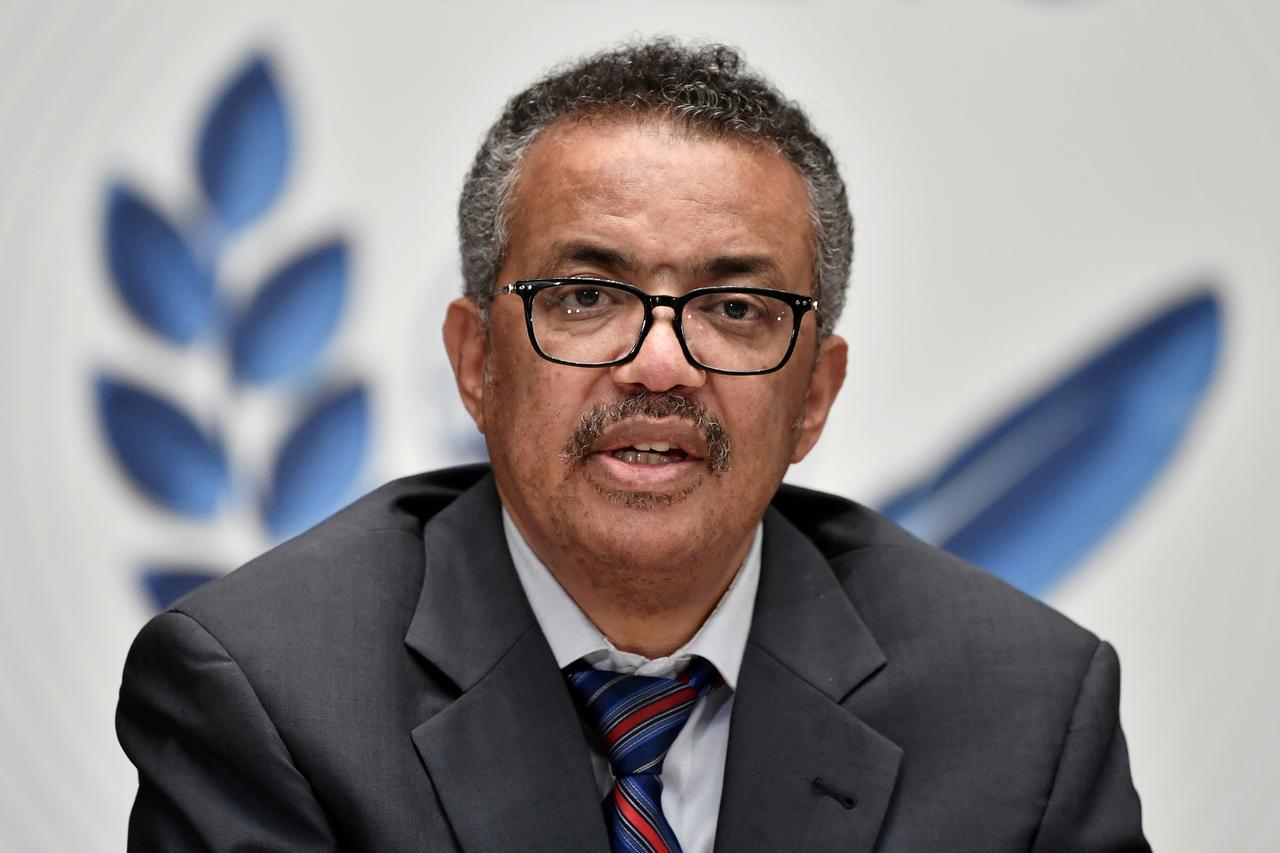GENEVA, Aug. 21 (CNA) - The World Health Organization hopes the coronavirus pandemic will be shorter than the 1918 Spanish flu and last less than two years, WHO chief Tedros Adhanom Ghebreyesus said on Friday (Aug 21), if the world unites and succeeds in finding a vaccine.
The WHO has always been cautious about giving estimates on how quickly the pandemic can be dealt with while there is no proven vaccine.
"But at the same time we have also the technology to stop it and the knowledge to stop it. So we have a disadvantage of globalisation, closeness, connectedness but an advantage of better technology.
"So we hope to finish this pandemic (in) less than two years."
He urged "national unity" and "global solidarity".
"That is really key with utilising the available tools to the maximum and hoping that we can have additional tools like vaccine."
More than 22.81 million people have been reported to be infected by the coronavirus globally since it was first identified in China last year and 793,382 have died, according to a Reuters tally.
ECONOMIC FALLOUT
Economies around the globe have been ravaged by the pandemic, which has infected more than 22 million and killed nearly 800,000 since it emerged in China late last year.
New financial figures laid bear the huge cost of the pandemic in Britain, where government debt soared past £2 trillion (US$2.6 trillion) for the first time in the UK after a massive programme of state borrowing for furlough schemes and other measures designed to prop up the economy.
"Without that support things would have been far worse," said Finance Minister Rishi Sunak.
Even Germany, famed for its financial prudence, was waking up to a new reality with Finance Minister Olaf Scholz conceding his country would need to continue borrowing at a high level next year to deal with the virus fallout.
Western European politicians are also beginning to ramp up restrictions to tackle infections that are rising to levels not seen for months.
While Spain has responded with confinement measures and Germany with updated travel guidelines, putting Brussels on its list of risk zones, the UK is now watching clusters in northern England and suggesting some towns could soon face lockdown.
"To prevent a second peak and keep COVID-19 under control, we need robust, targeted intervention where we see a spike in cases," said health secretary Matt Hancock.
